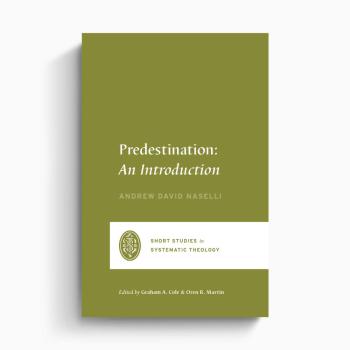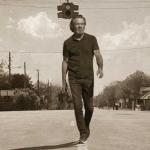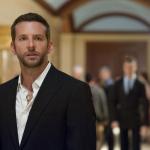Review of Biblical Theology in the Life of the Church by Michael Lawrence
This book has been reviewed previously on Schaeffer’s Ghost here.
In What Is Biblical Theology? (reviewed here) James Hamilton outlined the basics of biblical theology by giving a very brief overview of the discipline. In Biblical Theology in the Life of the Church, Michael Lawrence gives us a more in-depth definition and a longer exposition of how biblical theologies applies to, well, the life of the church.
Lawrence provides two sides to his definition of biblical theology. First, he notes that it is
about reading the Bible, not as if it’s sixty-six separate books, but a single book with a single plot—God’s glory displayed through Jesus Christ. Biblical theology is therefore about discovering the unity of the Bible in the midst of its diversity. It’s about understanding what we might call the Bible’s metanarrative. (15)
If we stop there, however, we’ve missed something important. Biblical theology is not just an academic exercise where we study the Bible as a work of literature (though it can be that as well); it is also “the attempt to tell the whole story of the Bible as Christian Scripture. It’s a story, therefore, that has an authoritative and normative claim on our lives, because it’s the story of God’s glory in salvation through judgment.” (89) This is the second side of the definition of biblical theology: when we study Scripture, we are not just learning theology for intellectual purposes, it is to have an effect on our lives. The Bible is authoritative and prescriptive, and so should affect the way we live and think. This includes affecting the way we do church.
But, before it can affect anything, we should be sure that we know how to do biblical theology. The bulk of Biblical Theology in the Life of the Church is dedicated therefore to helping us develop our biblical theological muscles. The first and third parts of the book lay out the tools necessary for doing biblical theology properly. These include explanations of: systematic theology (and how it directly relates to biblical theology); exegetical tools (to help us read Scripture in the first place); the various filters through which we have to read Scripture (covenant, typology, etc); and how these tools can be exercised in preaching, teaching, and all of the day-to-day operations of the church from counseling to weddings.
The second part of the book covers a few examples of ways we might apply biblical theology to our reading of Scripture. Lawrence walks briefly through the themes of creation, the fall, love, sacrifice, and promise, and briefly touches on how each of those themes applies to church life. While this is the section most of us who are not preachers will be drawn to first, let me encourage you to pay close attention to the whole text so that you keep a sense of context (and you’ll get why that’s appropriate if you do read the whole book).
Overall, this book is excellent. If anything, the main drawback is that most people will look at the title and think that this is a book only for pastors and elders. And while it’s true that much of the application and examples are directed at those in positions of leadership, all of us will benefit from reading this book. While we as members of the congregation may not regularly do much preaching or teaching, when we are involved in the life of the church we serve ourselves, others, and, ultimately, God better when we know why serve the way we do. When we understand: 1) the functions of the church (as drawn from properly interpreted biblical truth); 2) our place in the narrative of Scripture; and 3) the storyline we ourselves are obligated to tell others; we should become better servants in our own small places of service.
To that end, Michael Lawrence’s Biblical Theology in the Life of the Church is a wonderful overview of just how practical biblical theology can be, and how rich a treasure it is when properly pursued by the church.
Highly recommended.
This book was provided for free by the publisher for purposes of review. I was not required to write a positive one. It is the second in an ongoing series of reviews of biblical theology texts.
Dr. Coyle Neal teaches Political Science, which is pretty much the opposite of biblical theology (unbiblical theology? Biblical untheology?) at Southwest Baptist University in Bolivar, Missouri.












